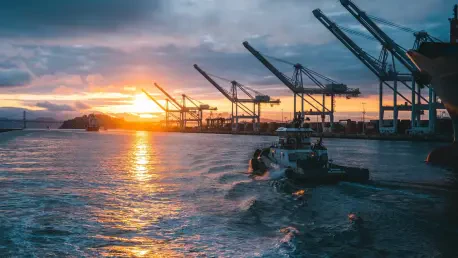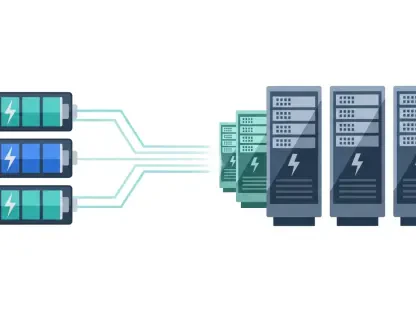In the vast expanse of the Gulf waters, where oil wealth flows as freely as the tides, a shadow economy thrives on the illicit trade of subsidized fuel, costing nations millions in lost revenue each year. Iraqi authorities have recently ramped up efforts to curb this pervasive issue, spotlighting their resolve with a high-profile operation near Basra, a critical hub for the country’s oil industry. The detention of a Liberian-flagged tanker named Liliana, carrying a staggering 93,000 metric tons of fuel oil, marks a significant escalation in the fight against smuggling. This incident, occurring just 26 nautical miles off the coast, underscores the strategic importance of these maritime zones and the determination to protect national resources from black-market exploitation. As smuggling continues to undermine economic stability in the region, this operation signals a broader push to enforce stricter oversight and legal accountability in territorial waters, setting a precedent for future actions.
Escalating Maritime Enforcement Near Basra
The operation that led to the seizure of the Liliana tanker unfolded with precision and coordination among Iraqi naval forces and officials from the oil and transport ministries. Conducted earlier this week near Basra’s oil terminal, the mission targeted vessels suspected of engaging in illegal fuel trade. Armed military personnel boarded the tanker, conducted thorough searches, and interrogated the crew while scrutinizing their documentation. A second vessel was also stopped and inspected during this sweep, reflecting the comprehensive nature of the crackdown. Farhan Al-Fartousi, head of the General Company for Iraqi Ports, issued a stern warning that any ship involved in suspicious activities within Iraqi waters would face immediate detention and legal repercussions. Naval and ministry sources suspect the fuel aboard the Liliana originated from Iraq, potentially destined for illicit markets across the Gulf. Currently anchored at the site of its seizure, the tanker awaits judicial review of its papers before being towed to port for a formal court ruling, highlighting the procedural rigor of this enforcement effort.
Broader Implications for Regional Fuel Trade
This incident is not an isolated event but part of a growing trend of vigilance by Iraqi authorities to combat the smuggling of subsidized fuel, a lucrative trade due to significant price disparities in the region. Earlier this year, another unidentified ship was seized in Iraqi waters, pointing to a sustained campaign against illegal maritime activities that drain national coffers. The strategic location of Basra, near key oil terminals, makes it a focal point for both legitimate trade and illicit operations, amplifying the stakes of these enforcement actions. While the ship’s manager, Babylon Navigation based in Dubai, has remained silent on the matter, tracking data suggests the Liliana’s last stop was the Iraqi port of Khor Al Zubair, raising questions about the origins and intended destination of its cargo. As legal proceedings unfold, the outcomes of this case and others like it are seen as critical steps toward deterring future smuggling attempts, reinforcing Iraq’s commitment to safeguarding its economic interests against persistent black-market challenges in the Gulf.









